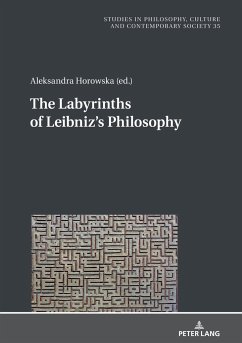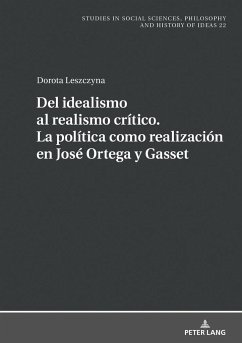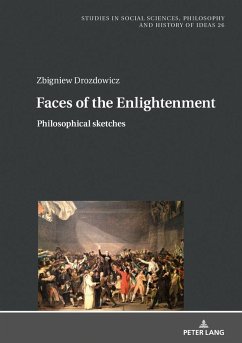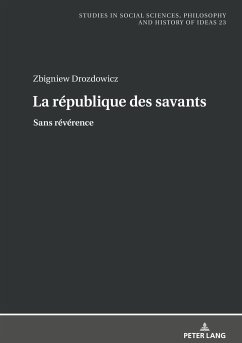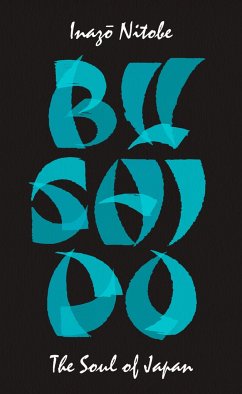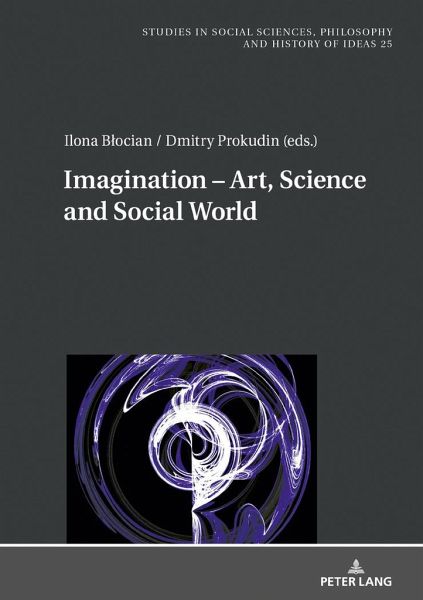
Imagination - Art, Science and Social World
Versandkostenfrei!
Versandfertig in 6-10 Tagen
59,35 €
inkl. MwSt.

PAYBACK Punkte
0 °P sammeln!
The book contains analyses and interpretations of multidimensional perspectives in philosophical, economical and psychological research on imagination. The authors analyse Russian (N. Bierdiajew) and French philosophy and anthropology (G. Bachelard, G. Durand), German conceptions (I. Kant's, F. Baader's, F. Schiller 's or Heideggerian interpretations) of the role of imagination in art, science and sociopolitical domains. Image and imagination play the main role in the contemporary social world. It is investigated by psychology, sociology and political sciences, and many subdisciplines of philo...
The book contains analyses and interpretations of multidimensional perspectives in philosophical, economical and psychological research on imagination. The authors analyse Russian (N. Bierdiajew) and French philosophy and anthropology (G. Bachelard, G. Durand), German conceptions (I. Kant's, F. Baader's, F. Schiller 's or Heideggerian interpretations) of the role of imagination in art, science and sociopolitical domains. Image and imagination play the main role in the contemporary social world. It is investigated by psychology, sociology and political sciences, and many subdisciplines of philosophy have their own traditions in approaches to image and imagination problem. The authors try to integrate the results of these research efforts.






